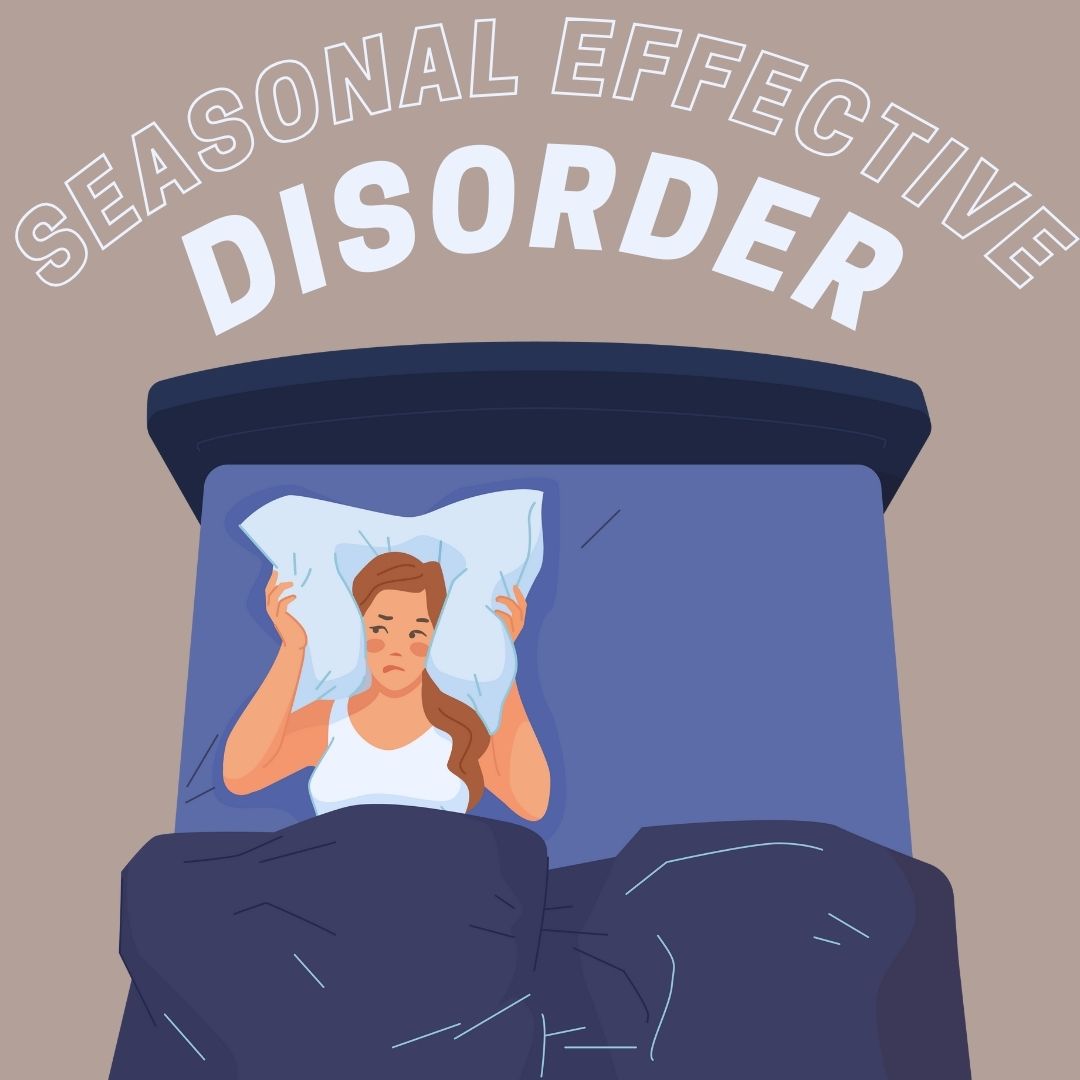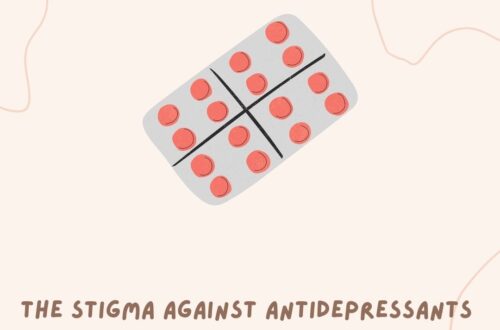
Winter Blues
By: Troy Fa’Atuai-McCuen
It’s winter and if you’ve ever heard of the term Winter Blues we are currently in the season where people can experience this phenomena. According to the article What is Seasonal Affective Disorder by Hannah Sheldon-Dean, the Winter Blues, also known as Seasonal Affective Disorder, or S.A.D. is a condition like depression that comes during the fall and winter seasons.
Seasonal Affective Disorder, or S.A.D. affects about 5% of the American population according to the American Psychiatry Association, and it is the increase in melatonin production, causing lethargy, or a lack of energy, and symptoms of depression. This is caused by the lack of sunlight and shorter daylight hours during the winter. And since the body’s sleep schedule is based on sunlight, the brain produces more melatonin, which is a hormone that slows down the brain and makes you sleep. This disorder can affect many people in our local area considering the weather conditions of northern Indiana.
“I really began noticing its effects around mid-life, and it has slowly developed more with age. Before this became a part of my life, I enjoyed activities that required more time and energy. I had a desire to socialize more and to get out and go places, even travel. Now, sometimes, the desire is still there but the energy and motivation are not,” said an anonymous interviewee.
While many people can experience these problems, this does not make this issue genetic. Although people with relatives with S.A.D do have a higher chance of having this issue, this situation is most likely caused by a combination of genes.
“My dad dealt with S.A.D. I believe. Considering some of the things he complained about as he got older. I have not dealt with S.A.D. my entire life,” said an anonymous interviewer.
Having depression caused by S.A.D can cause some other physical ailments that may lead to bigger issues. If symptoms rise to extreme levels, it could cause people to change their lifestyles.
“Some things that would probably help me with S.A.D would probably be working out in the gym. I’ve learned that being as active as I can and the more I move around, the easier it is to get things off of my mind,” said an anonymous interviewee.
*Because this article covers information about a person’s personal medical situation, all quotes were kept anonymous.





